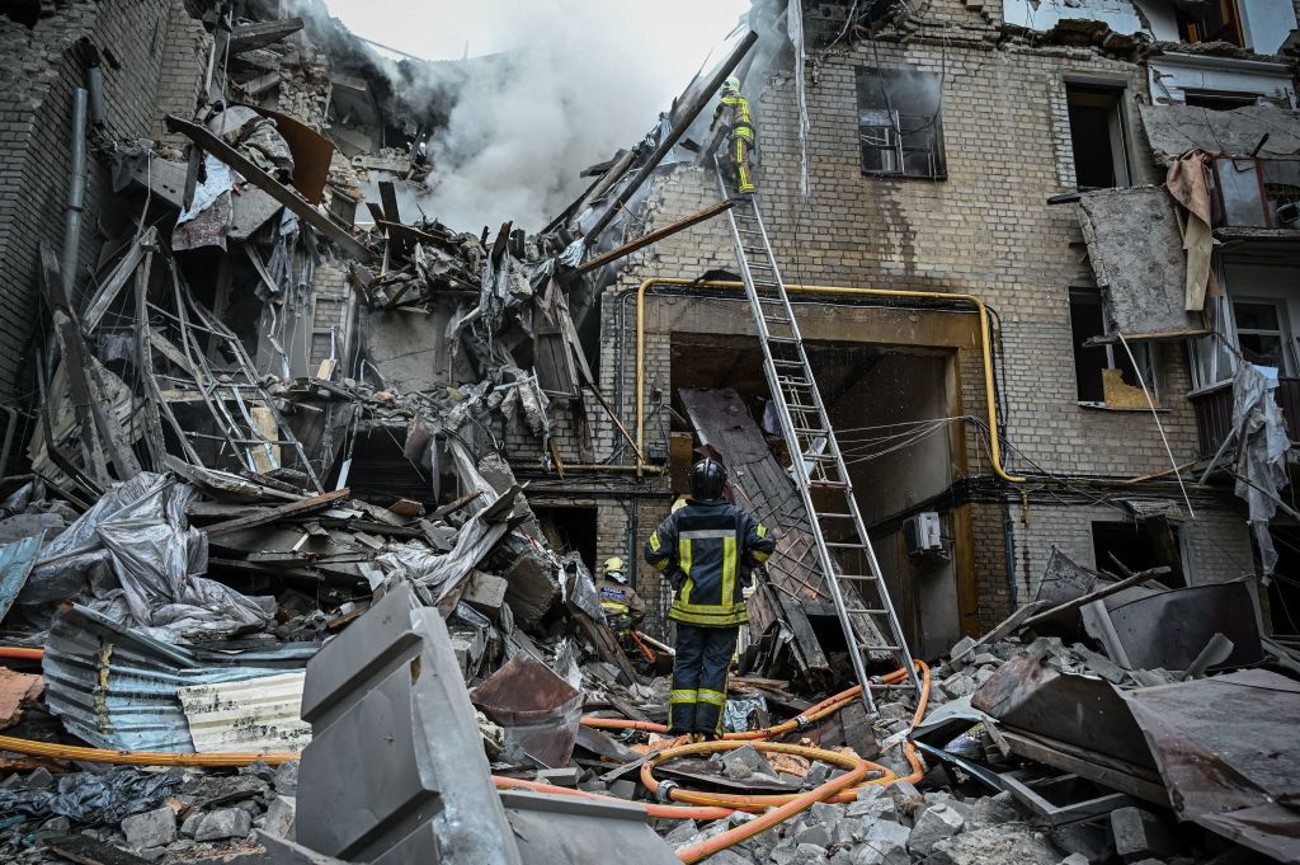European Commission presents proposal to suspend EU visa agreement with Russia
The European Commission on Tuesday presented a proposal to suspend the visa facilitation agreement between the EU and Russia, which would make it more expensive and difficult for Russians to travel to EU member states.
European Interior Commissioner Ylva Johansson announced the plan at a press conference in Brussels, saying “there is no basis for a privileged relationship between the EU and Russia after Russia’s invasion of Ukraine”.
It comes after European foreign ministers last week reached a political consensus to suspend the visa deal altogether.
“The proposal to suspend the Visa Facilitation Agreement will end all facilities for Russian citizens applying for short-term visas to the Schengen area,” a European Commission statement said on Tuesday.
Johansson stressed that the plan would ensure that “Russian citizens will no longer enjoy privileged access to the EU”.
Russians seeking to enter the EU for tourism and leisure purposes will face a “longer” and “more expensive” process, the commissioner said. Multiple-entry visas also have more restrictions, Johansen added.
In this sense, the visa fee will increase from 35 euros (US$ 34.66) to 80 euros (US$ 79.23), while the decision period for embassies will increase from 10 to 15 days. Visa applicants are also required to submit a long list of documentary evidence while applying for the visa, the press release said.
Despite the suspension, the EU “will remain open to certain categories of Russian visa applicants traveling for essential purposes, including, in particular, family members of EU citizens, journalists, dissidents and representatives of civil society,” the statement said.
What’s next?: According to the press release, the Commission must now wait until the European Council examines the proposal to repeal the Visa Agreement in its entirety. If the European Council approves it, the suspension will take effect on the second day of its publication in the Official Journal of the European Union.
“Proposes a common EU approach of not recognizing Russian passports issued in occupied foreign territories, as Russia is currently extending the practice of issuing ordinary Russian passports to non-controlled areas of Ukraine.” , especially Kherson and Zaporizhia regions”.
The EU has outlined that its visa facilitation agreements are “based on mutual trust and respect for common values between the EU and the country concerned”.
“The Russian invasion of Ukraine is incompatible with the relationship of trust and goes against the spirit of partnership based on visa facilitation agreements,” the federation added.






